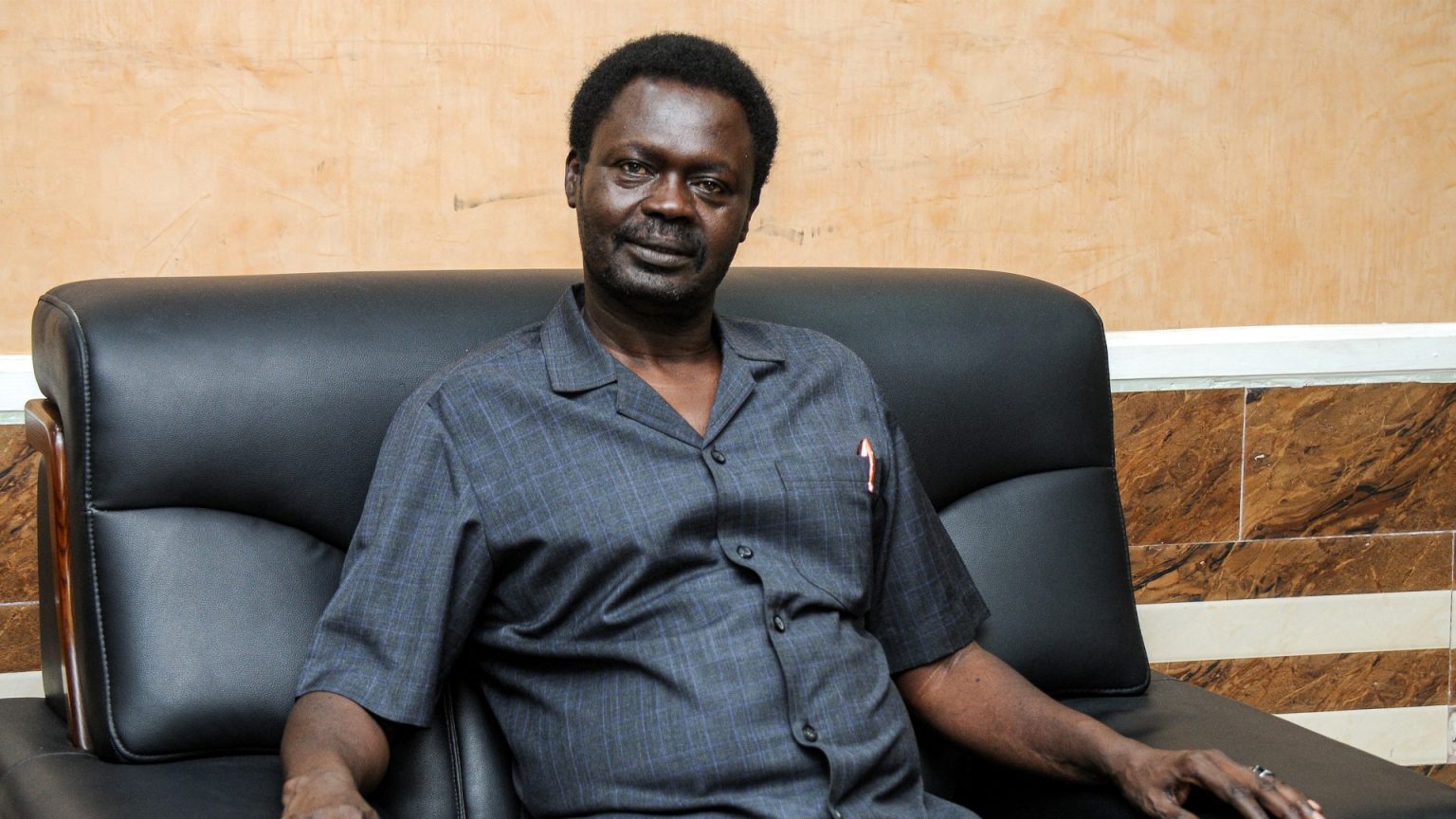The situation in Darfur has spiraled into a horrific crisis, with the governor of the region, Minni Arkou Minnawi, revealing a staggering death toll of 27,000 Sudanese killed in just three days following the seizure of el-Fasher by the Rapid Support Forces (RSF). This figure dramatically surpasses previous estimates and paints a grim picture of the escalating violence and potential genocide unfolding in Sudan. The international community is facing increasing scrutiny for its perceived inaction as the conflict intensifies.
ارتفاع حصيلة الضحايا في الفاشر: 27 ألف قتيل في ثلاثة أيام (Rising Death Toll in El-Fasher: 27,000 Killed in Three Days)
Minnawi’s statement to Middle East Eye (MEE) details a brutal onslaught by the RSF after their takeover of el-Fasher late last month. This shocking number represents a significant increase from earlier reports, which estimated over 2,500 deaths. The rapid withdrawal of the Sudanese Armed Forces (SAF) from the North Darfur capital created a power vacuum exploited by the RSF, leading to widespread massacres and a concerning lack of civilian evacuation. Survivors have recounted harrowing tales of summary executions, sexual violence, and other egregious abuses.
تقارير عن فظائع واسعة النطاق (Reports of Widespread Atrocities)
In the weeks following el-Fasher’s fall after a 550-day siege, reports of systematic violence have flooded in. UN aid chief Tom Fletcher recently described the city as an “absolute horror show” and a “crime scene” after a week-long visit to Darfur. Minnawi, himself a Zaghawa community member – a group specifically targeted by the RSF – revealed the devastating personal cost of the conflict, stating that “many” of his family members were killed, though he refrained from providing further details. The escalating violence underscores the urgent need for international intervention and protection of civilians.
دور الإمارات العربية المتحدة في دعم قوات الدعم السريع (The Role of the UAE in Supporting the RSF)
Minnawi has been particularly critical of the international community’s response, accusing it of “belittling” repeated warnings about the potential for genocide in Darfur. He specifically pointed to the United Arab Emirates (UAE), alleging they are providing the RSF with “sophisticated arms like drones” that enabled their capture of el-Fasher. US intelligence reports corroborate this claim, tracking a surge in Emirati supply of advanced Chinese drones and weapons systems to the RSF in the lead-up to the city’s fall. Despite these accusations, the UAE continues to deny supporting the paramilitary group.
اتهامات بالتلاعب الدبلوماسي (Accusations of Diplomatic Manipulation)
Minnawi argues that the UAE is “manipulating the international community diplomatically” and that their denials are merely “lip service.” He believes Abu Dhabi is actively concealing its support for the RSF, despite being a member of the Quad – a group tasked with addressing the Sudanese conflict. Diplomatic sources have revealed that the UAE refused to address the situation in el-Fasher during peace talks in Washington just hours before the city’s defenses collapsed, further fueling suspicions of their involvement. The situation in Darfur highlights the complexities of regional politics and the devastating consequences of unchecked arms proliferation.
دعوات للتحرك الدولي لوقف الإبادة الجماعية (Calls for International Action to Stop Genocide)
Minnawi, a veteran of the Darfuri rebellion against former autocrat Omar al-Bashir, draws parallels between the current atrocities and the genocide committed by the Janjaweed militias – the precursor to the RSF – two decades ago. He asserts that the RSF is once again employing a genocidal strategy, based on the principle of “either be Arab or be killed.” He identifies many of the current RSF leaders as former Janjaweed commanders, emphasizing the continuity of violence and impunity.
He stresses that “stopping the Emirates is the vital element to stop the war,” advocating for negotiations with the UAE rather than RSF leader Mohamed Hamdam Daglo (Hemedti), whom he dismisses as a “puppet” of Abu Dhabi. The international community, particularly Britain as the “penholder” for Sudan at the UN Security Council, is facing criticism for prioritizing other issues and failing to prevent the unfolding catastrophe. Shayna Lewis of Preventing and Ending Mass Atrocities (Paema) has accused the UK of being “complicit in the ongoing genocide” due to its low prioritization of preventing atrocities in the region. Concerns have also been raised about British military equipment potentially falling into RSF hands via the UAE.
The escalating crisis in Darfur demands immediate and decisive action from the international community. The staggering death toll, coupled with credible reports of war crimes and potential genocide, necessitates a comprehensive response focused on protecting civilians, holding perpetrators accountable, and addressing the root causes of the conflict. The future of Sudan, and the lives of millions of its citizens, hang in the balance.
Keywords used: Darfur, Sudan, RSF, genocide, el-Fasher, Minni Minnawi.
Secondary Keywords: UAE, humanitarian crisis, war crimes.

